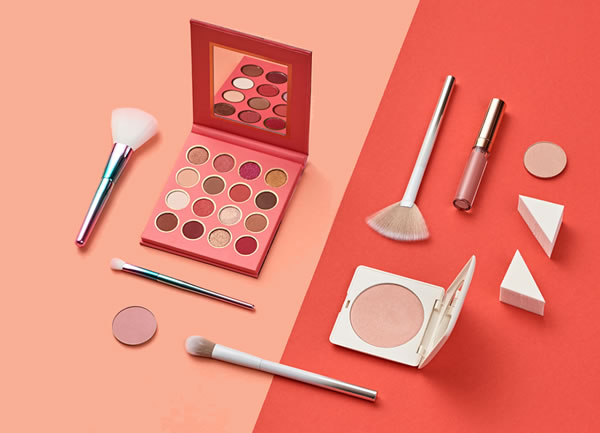Learning about COVID-19
COVID-19 is a new virus and the scientific community is researching it as a matter of priority. New information about how it spreads, how it can be treated and if a vaccine can be developed is being learnt all the time.
Recent work on mouthwashes
The work at Cardiff University is very interesting, however it does not make the link that mouthwash can kill COVID-19. The researchers looked at how similar viruses can be affected when their outer casing (membrane) is disrupted. There are some studies that have looked at ingredients that can be used in mouthwashes and have the potential to disrupt some virus membranes. The University is calling for further studies to be carried out to see if the small number of tests performed in the laboratory can be proven to be effective in real life.
Professor O’Donnell, the lead author of the review, is quoted in the Press Release as saying: “Mouthwash has not been tested against this new coronavirus yet. People should continue to follow the preventive measures issued by the UK government, including washing hands frequently and maintaining social distance. This study suggests further clinical studies could be worthwhile based on the theoretical evidence.”
COVID-19 advice remains the same
The current health emergency due to COVID-19 is unprecedented with tragic consequences.
Mouthwashes are a safe and important part of our oral care hygiene regimes, however they must not be relied upon to treat or reduce the transmission of COVID-19. The research simply does not say this.
Public Health England’s advice remains the same in order the help reduce transmission of the virus:
- Wash your hands more often than usual, for 20 seconds using soap and hot water, particularly after coughing, sneezing and blowing your nose, or after being in public areas where other people are doing so. Use hand sanitiser if that’s all you have access to.
- To reduce the spread of germs when you cough or sneeze, cover your mouth and nose with a tissue, or your sleeve (not your hands) if you don’t have a tissue, and throw the tissue in a bin immediately. Then wash your hands or use a hand sanitising gel.
- Clean and disinfect regularly touched objects and surfaces using your regular cleaning products to reduce the risk of passing the infection on to other people.

